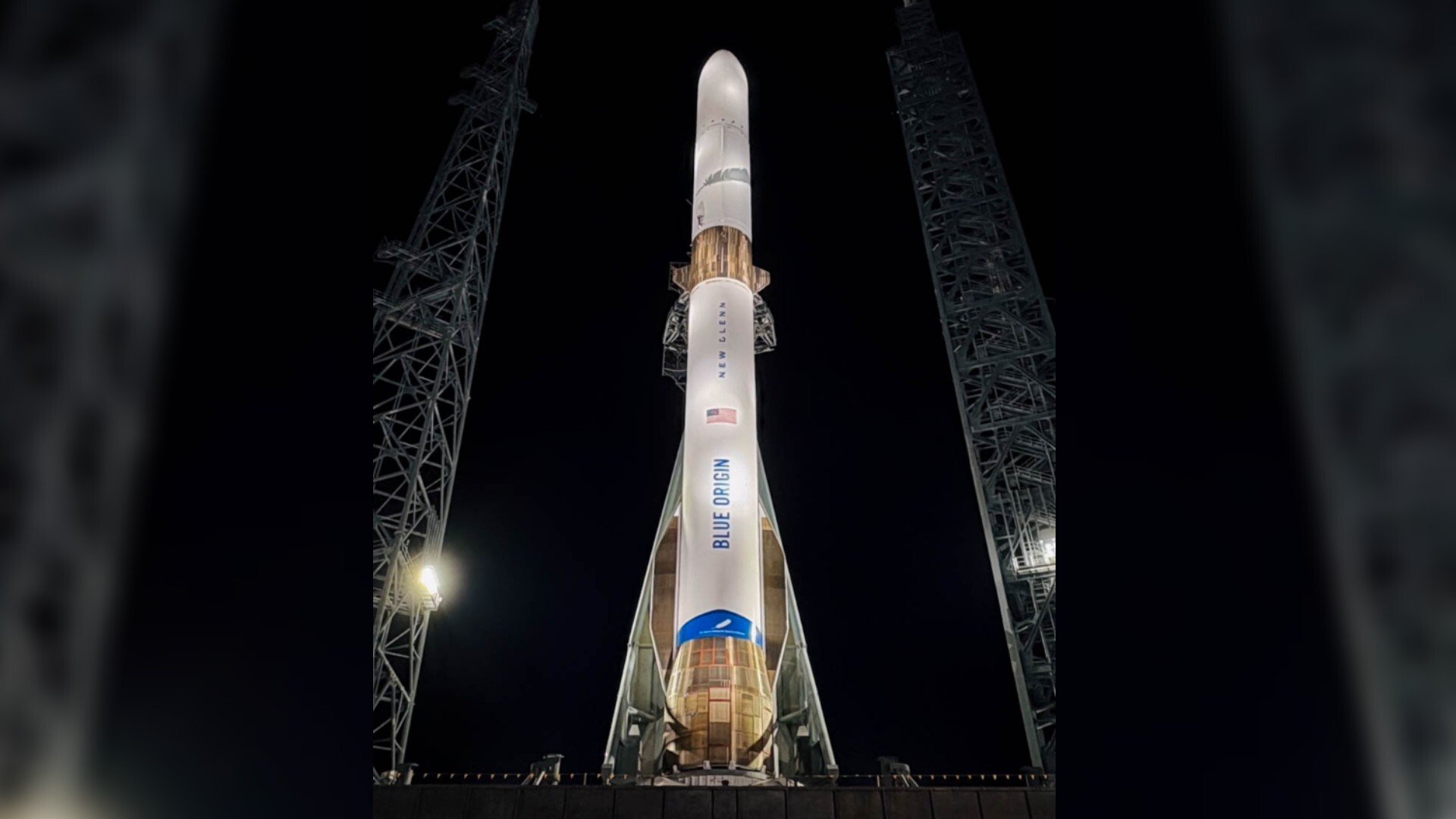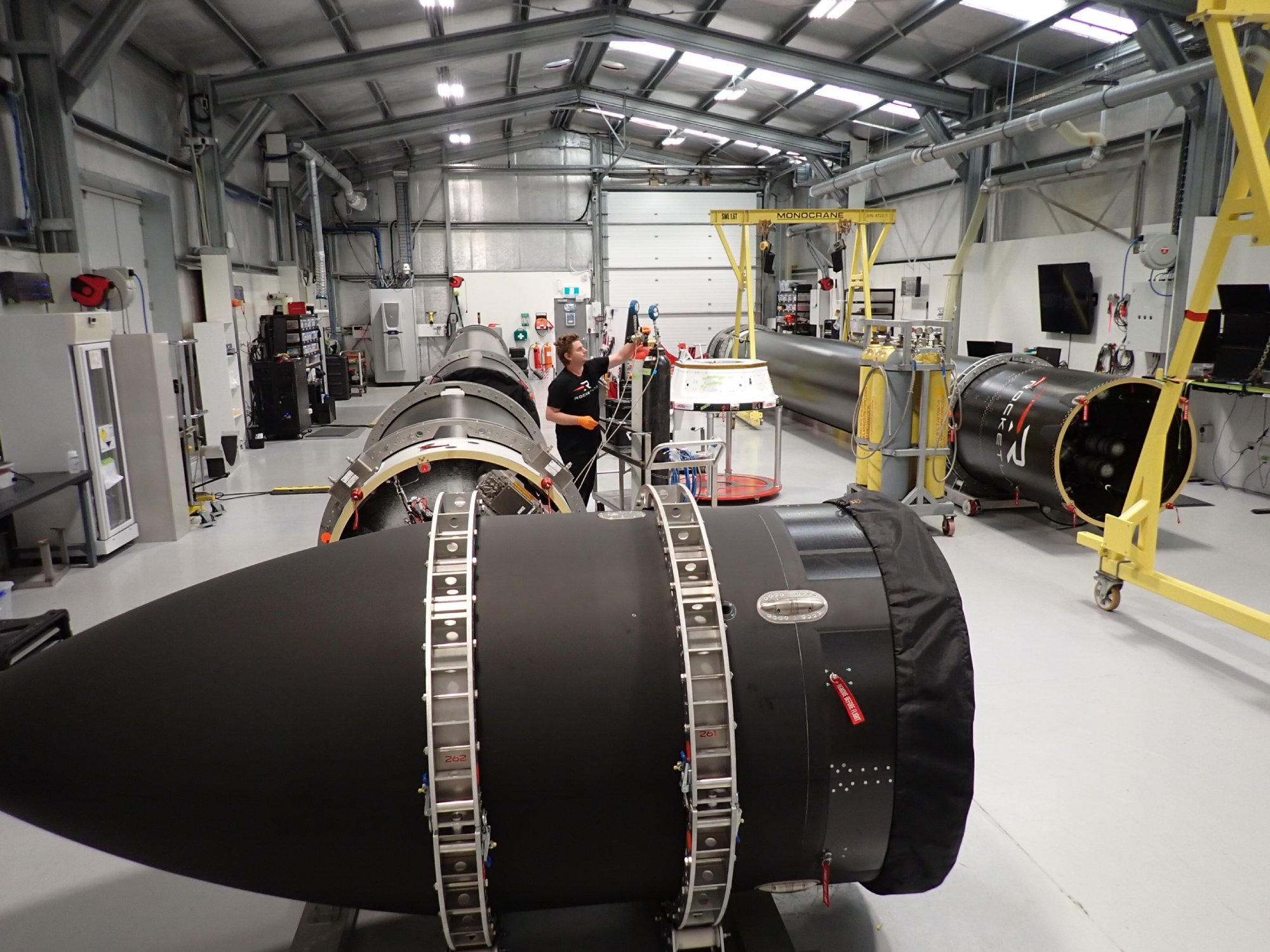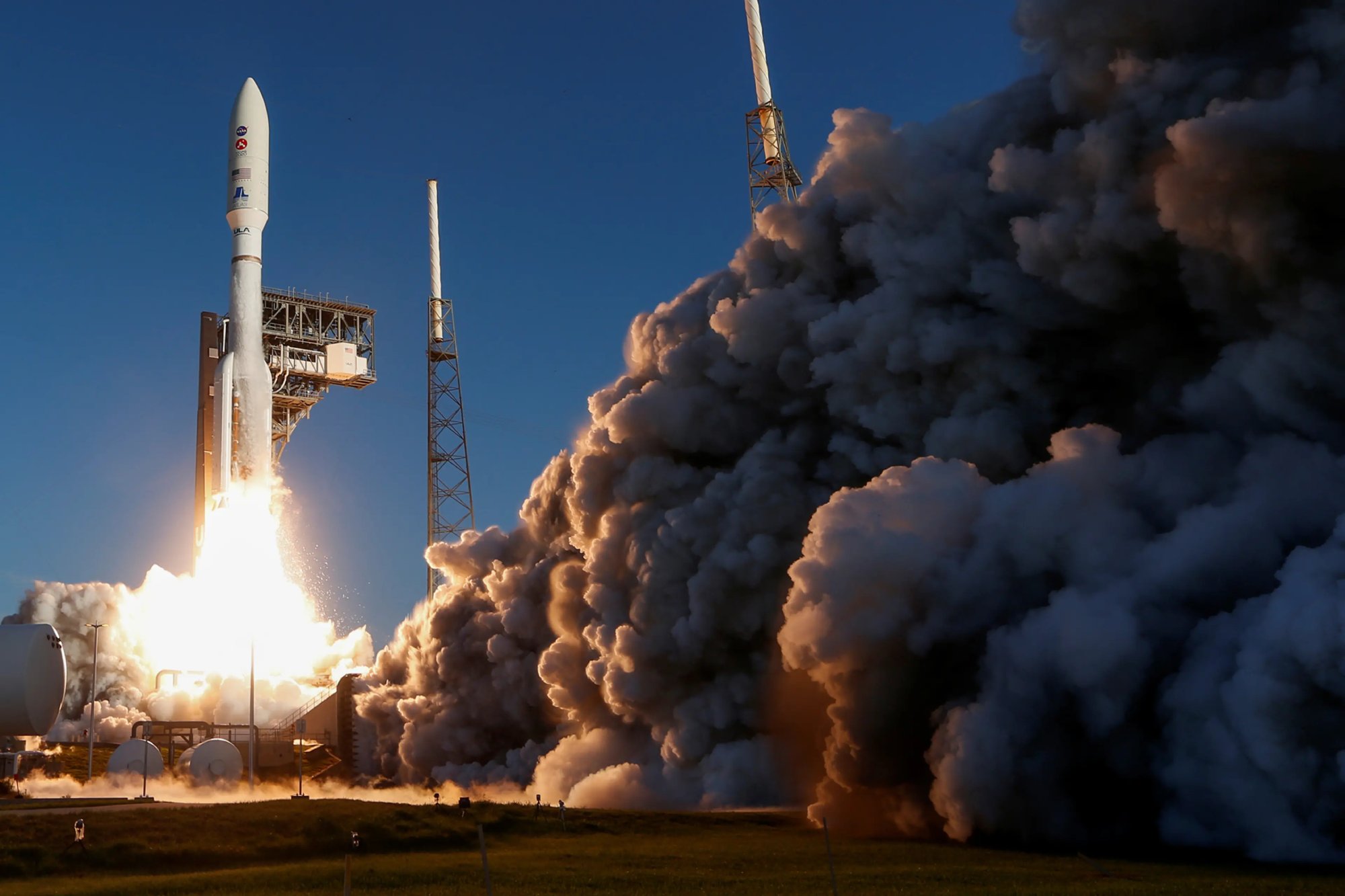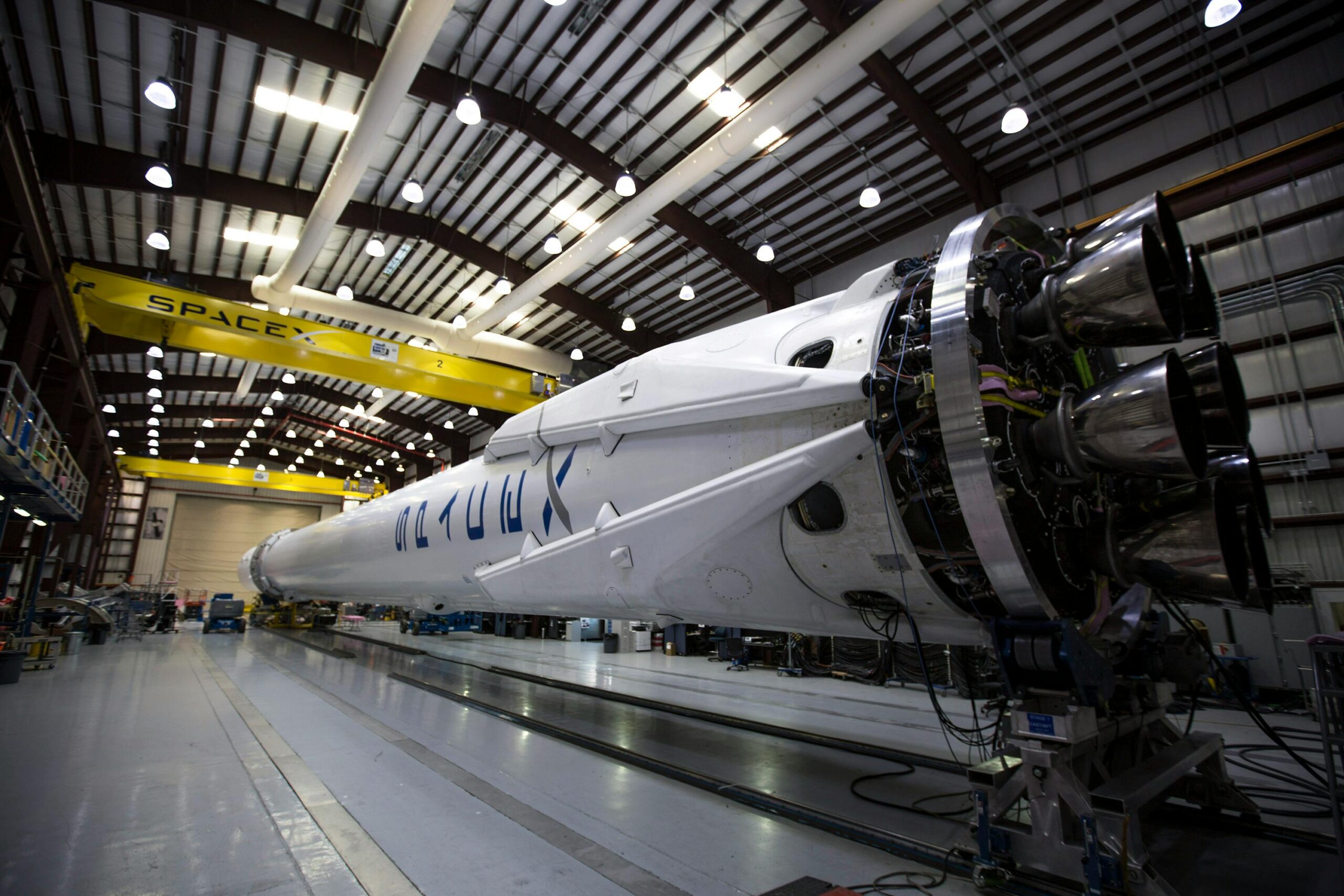The space industry has changed dramatically in recent years. It has moved from government-led exploration to a booming private sector. Companies like SpaceX, Blue Origin, and Virgin Galactic are leading advancements in commercial spaceflight. They are cutting costs and exploring new frontiers beyond Earth. This shift is changing how we think about space travel, colonization, and resource use.
The rise of private companies has sparked intense competition, especially between SpaceX and Blue Origin. This article explores influential private space firms, their goals, achievements, and how they shape the future of the commercial space industry.
The Growing Importance of Private Space Exploration
Space exploration used to be controlled by national agencies like NASA, Roscosmos, and ESA. High costs and bureaucratic challenges in government missions have opened doors for private companies. Today, these firms are not just helping space agencies; they lead in innovation, space tourism, and deep-space exploration.
Key factors driving private space exploration include:
- Cost Reduction: Innovations like reusable rockets significantly lower launch costs.
- Commercial Interest: Industries such as telecommunications and mining see space as a new opportunity.
- Space Tourism: Companies are investing heavily to make space accessible to civilians.
- Lunar and Mars Missions: Private firms plan to create human settlements beyond Earth.
- Scientific Research: New technology supports discoveries in astrophysics, planetary science, and space medicine.
SpaceX: The Dominant Player in Private Space Exploration
Overview
Founded by Elon Musk in 2002, SpaceX has transformed spaceflight with its ambitious goals and innovations. The company aims to make life multi-planetary by colonizing Mars and advancing space transportation.
Key Achievements
- Reusable Rockets: The Falcon 9 and Falcon Heavy rockets have shown successful reusability, drastically cutting costs.
- Crewed Spaceflight: SpaceX was the first private company to send astronauts to the ISS with the Crew Dragon spacecraft.
- Starship Program: The fully reusable Starship is designed for deep-space missions, including Mars colonization.
- Satellite Deployment: The Starlink project aims to provide global broadband internet with a network of satellites.
- NASA Contracts: SpaceX has secured contracts for lunar landers and ISS resupply missions, solidifying its role in the industry. SpaceX’s ability to launch, land, and reuse rockets has set a high bar for competitors.
Blue Origin: SpaceX’s Biggest Challenger

Overview
Founded by Jeff Bezos in 2000, Blue Origin is a key competitor in this space race. The company aims to develop technologies for a future where millions can live and work in space.
Key Achievements
- New Shepard: A suborbital rocket for space tourism that has successfully carried passengers to the edge of space.
- New Glenn: A heavy-lift rocket designed to compete with SpaceX’s Falcon 9.
- Lunar Missions: Blue Origin is part of NASA’s Artemis program, working on lunar landers for future Moon missions.
- Orbital Reef: A project for a commercial space station focused on research, manufacturing, and tourism.
- Sustainable Space Exploration: Blue Origin envisions moving heavy industry off Earth to protect the environment. The rivalry between SpaceX and Blue Origin shapes the industry, as both strive for dominance in crewed missions and lunar exploration.
Other Key Players in the Private Space Race

Virgin Galactic
Founded by Richard Branson, Virgin Galactic focuses on suborbital space tourism. The company flew its first fully crewed spaceflight in 2021 and aims to make commercial space tourism a reality.
Rocket Lab
This New Zealand-based firm specializes in small satellite launches, offering cost-effective access to orbit for governments and businesses.
Boeing and Lockheed Martin (United Launch Alliance – ULA)
While not startups, Boeing and Lockheed Martin play a big role in commercial space travel. Their joint venture, ULA, develops reliable launch systems for various clients.
Other Emerging Players
- Relativity Space: Focuses on 3D-printed rockets to lower manufacturing time and costs.
- Sierra Space: Developing spaceplanes and inflatable habitats for future missions.
- Axiom Space: Plans to launch a commercial space station as a successor to the ISS.
Financial Investments and Challenges in Private Space Exploration

The rapid growth of the commercial space industry has attracted billions in investments. Venture capital, government contracts, and tech billionaires are driving the expansion. However, challenges remain:
- High Development Costs: Building rockets and infrastructure requires significant capital.
- Regulatory Hurdles: Governments impose regulations on commercial spaceflight for safety.
- Competition for Resources: Companies must balance cost efficiency with new technology.
- Public Perception: The industry must address environmental concerns and justify space tourism amid global issues.
The Future of Private Space Exploration
As competition intensifies, the future of private space exploration looks bright. Some developments to watch include:
- Mars Missions: SpaceX’s Starship aims to carry humans to Mars within the next decade.
- Lunar Colonization: NASA’s Artemis program, with private partnerships, seeks to create a permanent human presence on the Moon.
- Space Tourism Growth: Companies like Blue Origin and Virgin Galactic are making spaceflights more accessible.
- Asteroid Mining: Private firms are considering mining asteroids for valuable resources.
- Commercial Space Stations: Companies like Axiom Space and Blue Origin plan private habitats, possibly replacing the ISS.
- Advancements in Propulsion: Innovations, such as nuclear propulsion, may change deep-space travel.
The New Space Age Driven by Private Innovation
The rise of private space exploration is bringing us closer to a new era of space travel. The competition between SpaceX and Blue Origin is central, but firms like Virgin Galactic, Rocket Lab, and Boeing are also shaping the industry. As technology advances and costs decline, private companies will continue to push the limits of what is possible beyond Earth. Who do you think is leading the private space race? Share your thoughts below!


